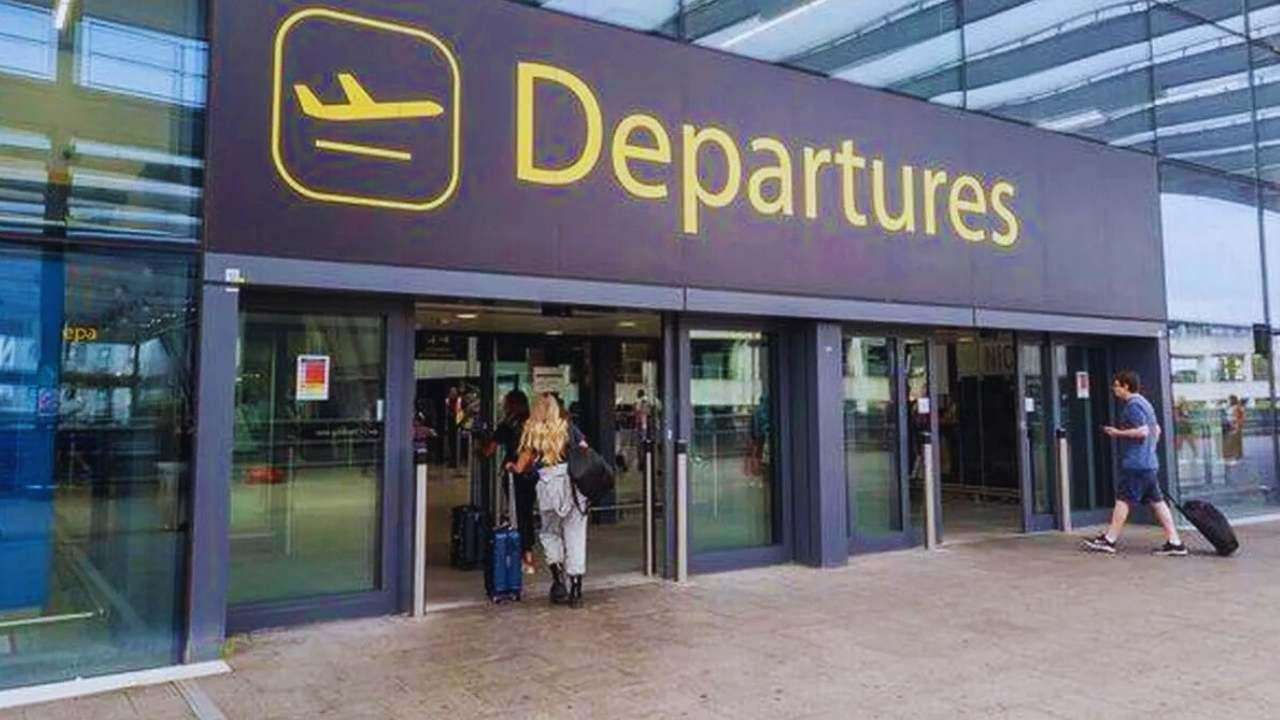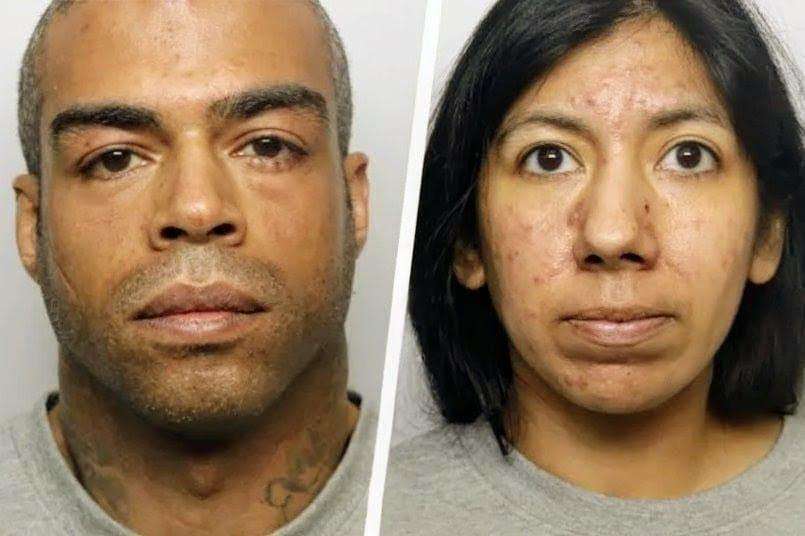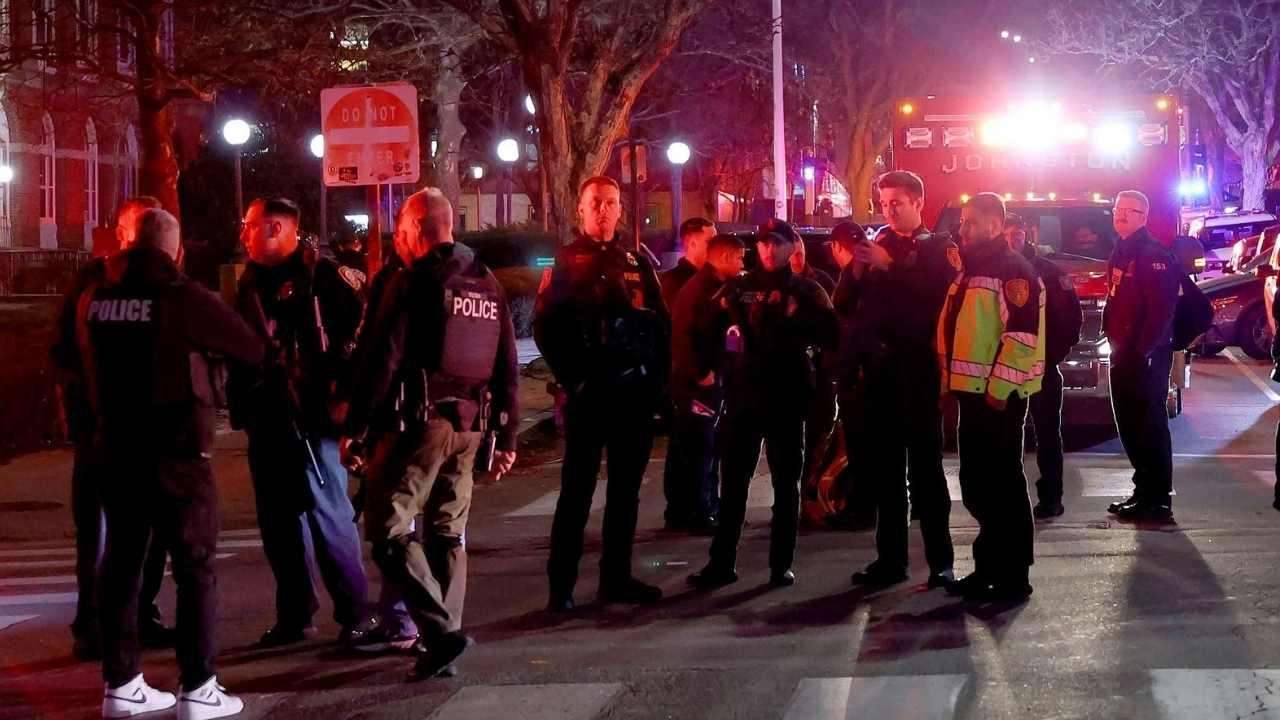Society holds students—especially those studying justice and ethics—to a high moral standard, expecting them to be the future pillars of honesty and lawfulness. Yet, the tale of Kertania Odususi, 24, a Criminology student at London Metropolitan University from Croydon, London, is a devastating testament to the fragility of these ideals. While she dramatically walked free from Edinburgh Sheriff Court following a "not proven" verdict on charges related to drug supply and the fraudulent evasion of controlled drugs, her own testimony painted a picture of astonishing, almost immortal, naivety that betrays every social expectation placed upon a student of her discipline.
The £200,000 Cannabis Catastrophe
In March last year, Ms. Odususi arrived at Edinburgh Airport on a Qatar Airways flight from Thailand, having connected through Doha. Border Force officials, whose vigilance she should have admired as a future criminologist, flagged her two suitcases. Using bolt cutters—a stark symbol of the severity of her transgression—officers exposed a shocking consignment: 40 vacuum-sealed packages containing approximately 20 kilos of Class B cannabis, with a staggering street value DC Jonathan Atkinson later confirmed to be £200,000.
The sheer scale of the operation flies in the face of her studies, suggesting a catastrophic gap between her academic knowledge of organised crime and her real-world judgement.
The "Free Holiday" Folly: A Shameful Excuse
In court, Ms. Odususi offered a defense that shocked many: she claimed a "close friend" in London connected her to a man who promised a free five-day holiday near Bangkok, Thailand, in exchange for bringing back a quantity of tobacco. She was reportedly met by two unknown men who placed the two heavy, unopenable blue suitcases into her taxi before her flight.
Her admitted reaction upon seeing the drugs—"My heart literally dropped in that moment, I panicked... my life is over"—does little to excuse the initial, reckless decision. Her tearful declaration of being "naive" and "stupid" for agreeing to the venture, despite denying knowledge of the cannabis, confirms a profound moral lapse. To risk a promising future and career in the criminal justice system for a paltry free holiday is viewed by society as utterly shameful and a moral failure of the highest order.
The Scrutiny of Society and Academia
A Criminology student's education is meant to instill a deep understanding of crime's devastating impact and a dedication to the law. Odususi's involvement, whether knowingly or through willful blindness, desecrates the trust placed in those training to uphold justice. Her actions project a deeply damaging image: that even those studying crime are easily seduced by fast money and superficial rewards, sacrificing their honour and integrity for greed.
The "not proven" verdict, unique to the Scottish legal system, is a technical acquittal but carries a sting of lingering doubt. For the community and her academic institution, the evidence presented is enough to cast a permanent shadow. Society expects students like her to demonstrate wisdom, responsibility, and an unwavering moral compass. Ms. Odususi, cleared by a jury but condemned by her own testimony of monumental naivety, faces a future where her name will forever be synonymous with the very criminality she was studying to combat. Her walk to freedom is haunted by the public's bitter disappointment—a crushing burden of societal expectation unfulfilled.







_2.jpg)
.svg)



